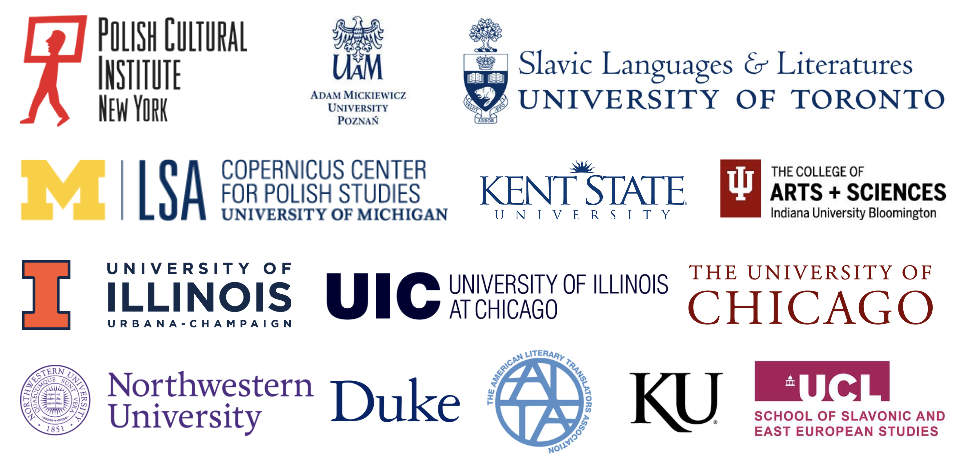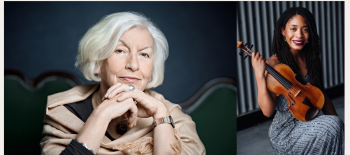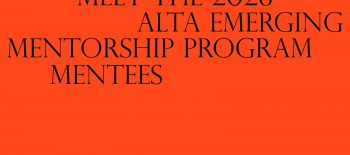Tadeusz Borowski with Irena Grudzińska Gross – Encounters with Polish Literature
S5E1 and all video recordings are available on our YouTube.
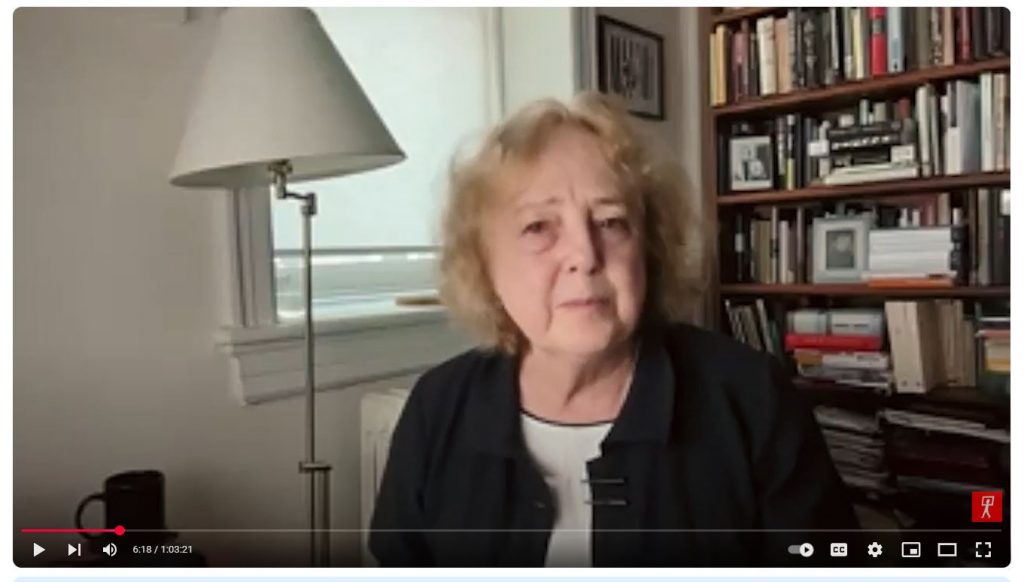
Encounters with Polish Literature is a video series for anyone interested in literature and the culture of books and reading. Each month, host David A. Goldfarb will present a new topic in conversation with an expert on that author or book or movement in Polish literature. More about the Encounters with Polish Literature series and the timeline.
Tadeusz Borowski (1922-51) is best known for his searing, matter-of-fact descriptions of life in Auschwitz and in Warsaw taken from his own experience during the Second World War. He was born to Polish parents in Zhytomyr, Ukraine. His parents were targeted as Polish middle-class intellectuals during the Stalinist Terror, sent to the gulag, and in 1932 exchanged for Communist prisoners in Poland. Borowski was also a poet, the lone survivor of a group of young wartime poets that included Krzysztof Kamil Baczyński, Wacław Borowski, and Andrzej Trzebiński. He would be arrested after visiting an apartment occupied by his fiancée, Maria Rundo, kept in Pawiak prison during the Warsaw Ghetto Uprising, and sent to Auschwitz. Rundo managed to conceal her Jewish identity in Auschwitz, having been arrested as a Polish Communist, surviving the camp with Borowski. After the war, he became a journalist and eager follower of the Communist party. Czesław Miłosz argues in The Captive Mind that disillusionment with Communism led to Borowski’s suicide in 1951
In this episode, we look at two of his early poems and some of his most poignant wartime stories, considering his context as a poet, noting some theories about his death. We also address the question of whether Borowski’s work should be considered “Holocaust Literature” or camp literature from the time of the war.
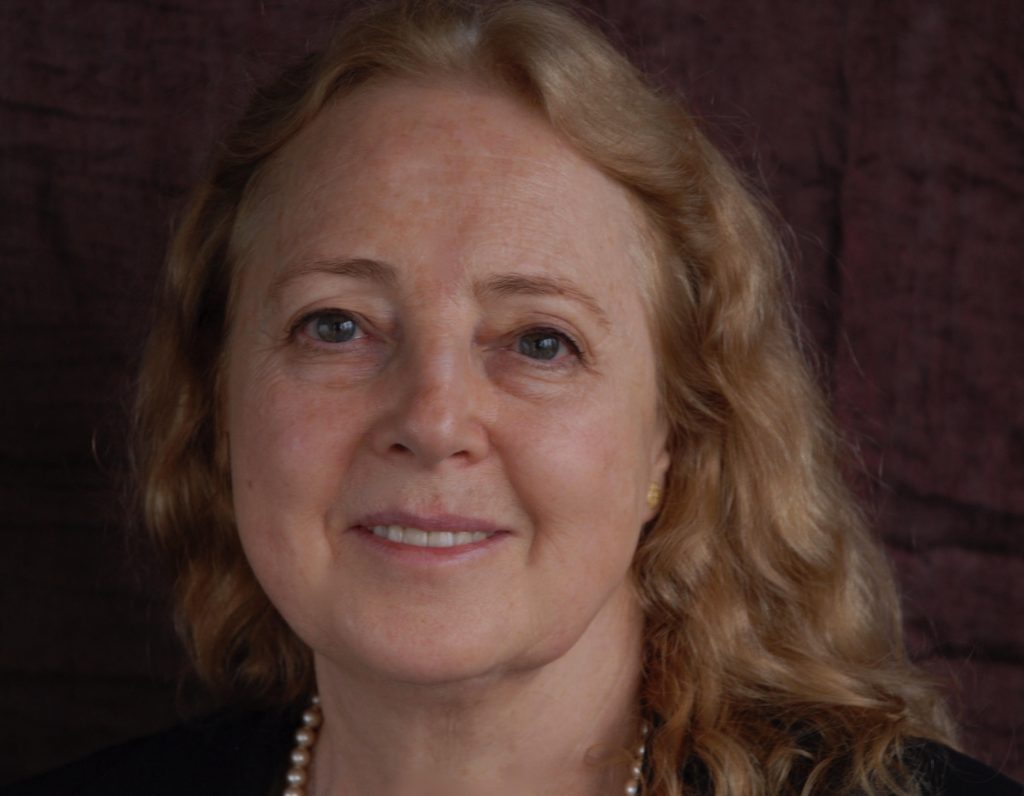
Irena Grudzińska Gross was involved in the student movement and emigrated from her native Poland after the unrest of 1968. She resumed her studies in Italy and received her PhD from Columbia University in 1982. She taught courses in East European literature and history at several universities and was 2018 Fellow at the Guggenheim Foundation. Her books include Miłosz and the Long Shadow of War, 2020, Golden Harvest (with Jan T. Gross), 2012; Czesław Miłosz and Joseph Brodsky: Fellowship of Poets, 2009; and The Scar of Revolution: Tocqueville, Custine and the Romantic Imagination, 1995.
Tadeusz Borowski, recommended sources in English Translation:
Borowski, Tadeusz. Here in Our Auschwitz and Other Stories. Tr. Madeline G. Levine. Foreword by Timothy Snyder. New Haven, Conn.: Yale University Press, 2021.
Borowski, Tadeusz. Postal Indiscretions: The Correspondence of Tadeusz Borowski. Ed. Tadeusz Drewnowski. Tr. Alicia Nitecki. Evanston, Ill.: Northwestern University Press, 2001.
Borowski, Tadeusz. Selected Poems. Tr. Tadeusz Pióro, Larry Rafferty, and Meryl Natchez. Intro. by Stanisław Barańczak. Walnut Creek, Ca.: Hit & Run Press, 1990. (Best obtained through a research library or interlibrary loan.)
Miłosz, Czesław. “Beta, The Disappointed Lover” in The Captive Mind. Tr. Jane Zielonko. New York: Vintage International, 1990, pgs. 111-34.
David A. Goldfarb, Host & Producer
Bartek Remisko, Curator and Executive Producer
Natalia Iyudin, Producer
Lead image: Tadeusz Borowski, public Domain
Guest photo: Image courtesy of Irena Grudzińska Gross
